Even being modern printing methods, sublimation and digital printing transfer designs into the materials with distinct features. Be it materials, process, heat press, and application, each of the areas varies depending on the use of the printing method. In this article, we have portrayed the difference in a tabular format to figure out what sublimation vs digital printing is.
Table Of Contents
What is Sublimation?
Sublimation is a printing method that uses a heat-transfers paper to transer the design onto the pre-treated polyester fabric. The sublimation process bonds the colors of ink themselves into the fabric with a high degree of temperature by transforming the ink from a solid into a gas form. It results in durable and vibrant prints in the fabric. Sublimation also allows personalization.
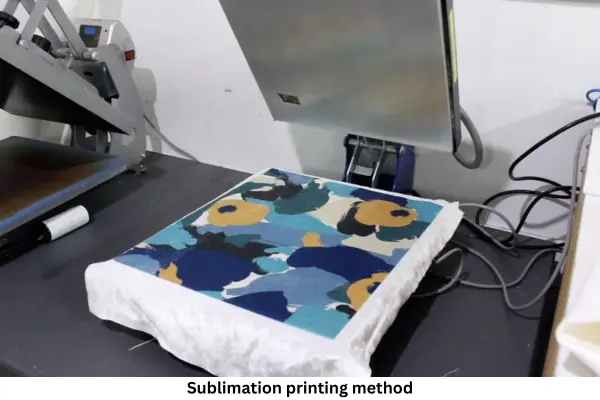
Custom garments can have any artwork design accommodated. It results in a permanent and full-color design that does not wash away. With its excellent color permanence, sublimation printing has uses in sportswear, the apparel sector, and promotional items.
What is Digital Printing?
Digital printing refers to mapping out an image onto the surface of the textile. It uses ink droplets to transfer the image onto the fabric directly. This type of printing has simple and minimal use with cost-effective solutions. It is ideal for products in small batches.
_1717058810.webp)
The compatible forms of transferring digital prints are inkjet, laser printers, solid ink, and digital press. This machine holds the image-printed. It is also a quick and effective printing mode.
Difference between Sublimation and Digital Printing
|
Area of Difference |
Sublimation |
Digital Printing |
|
Process of Printing |
It involves the transfer of dye to the material using sublimation. After placing the paper on the material, there is the application of heat, and pressure using the heat press. |
It is a direct-to-garment printing process. The printing of an image onto the material is done using the inkjet printer. The printer applies the ink directly onto the material. |
|
The use of Heat Press |
Heat press is a part of the process of printing |
There is no use of any heat press |
|
Mode of Transfer |
Ink or Heat |
Ink, toner |
|
Use of Technology |
Sublimation printer |
Toner-based technology, digital presses |
|
Durability |
Durable and vibrant prints |
Varies on the type of ink, and the material |
|
Printing Speed |
Fast |
Slow |
|
Cost |
The initial setup costs are higher. The cost is affordable for large-scale production |
It requires less initial investment but is costly for short-scale production |
|
Personalization |
Customization is possible with sublimation |
Easy to modify both image and message |
|
Advantages |
Vibrant images, Fading-resistance, and edge-to-edge printing |
Print-on-demand, Cost-effective solution for short runs |
|
Use on |
Fabrics that are polyester or polymer-coated |
A variety of Fabrics (Cotton, polyester, canvas), Paper, Canvas, Synthetics |
Conclusion
Although both sublimation and digital printing methods, there are differences in terms of the use of heat press, use of fabric, personalization, advantages, and many more. The biggest differentiator making is the fabric from apparent sense. Although it depends on the use of images in the process, digital printing offers a perfect and high-quality image.


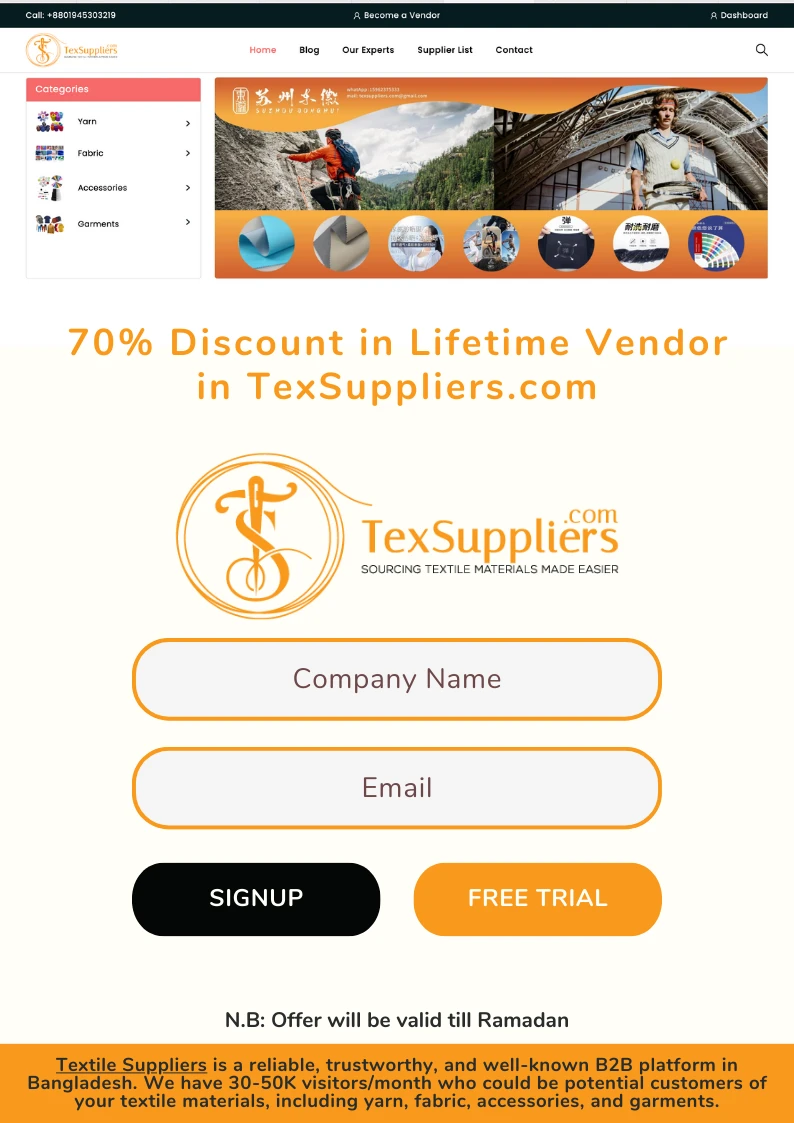
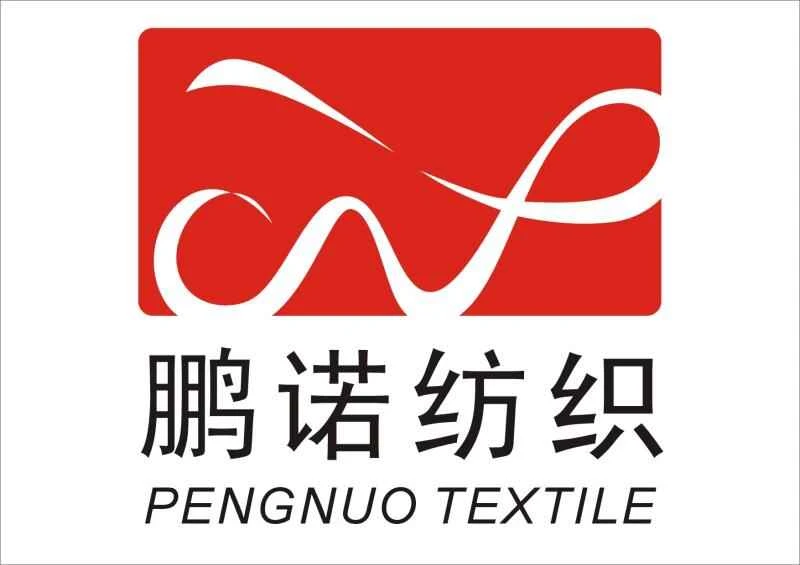

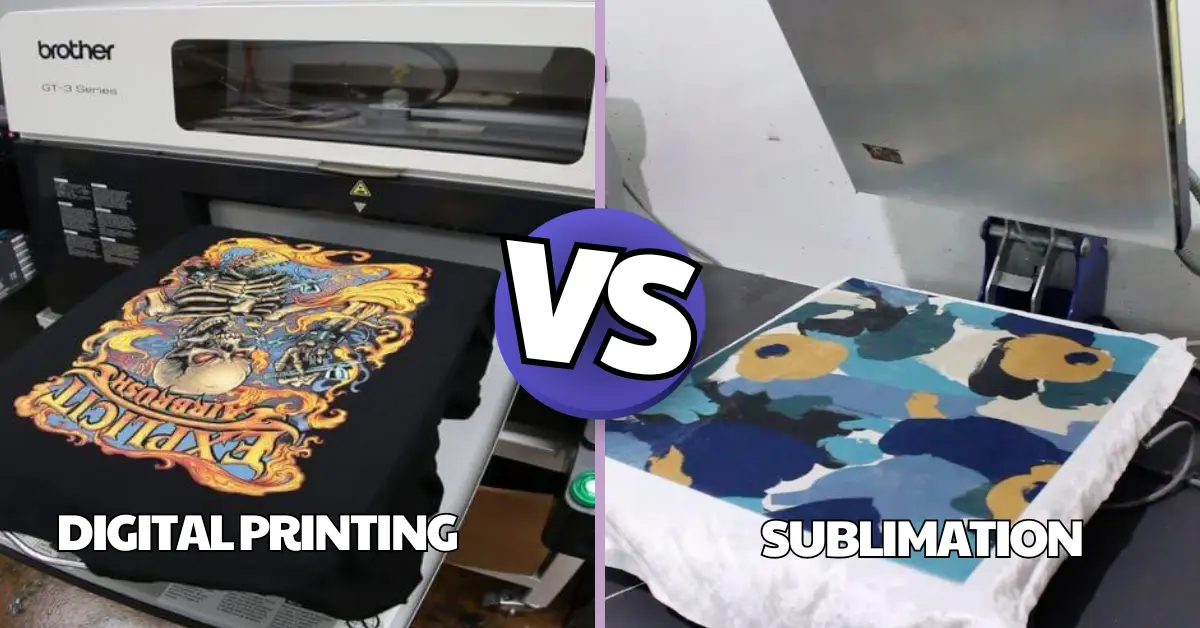
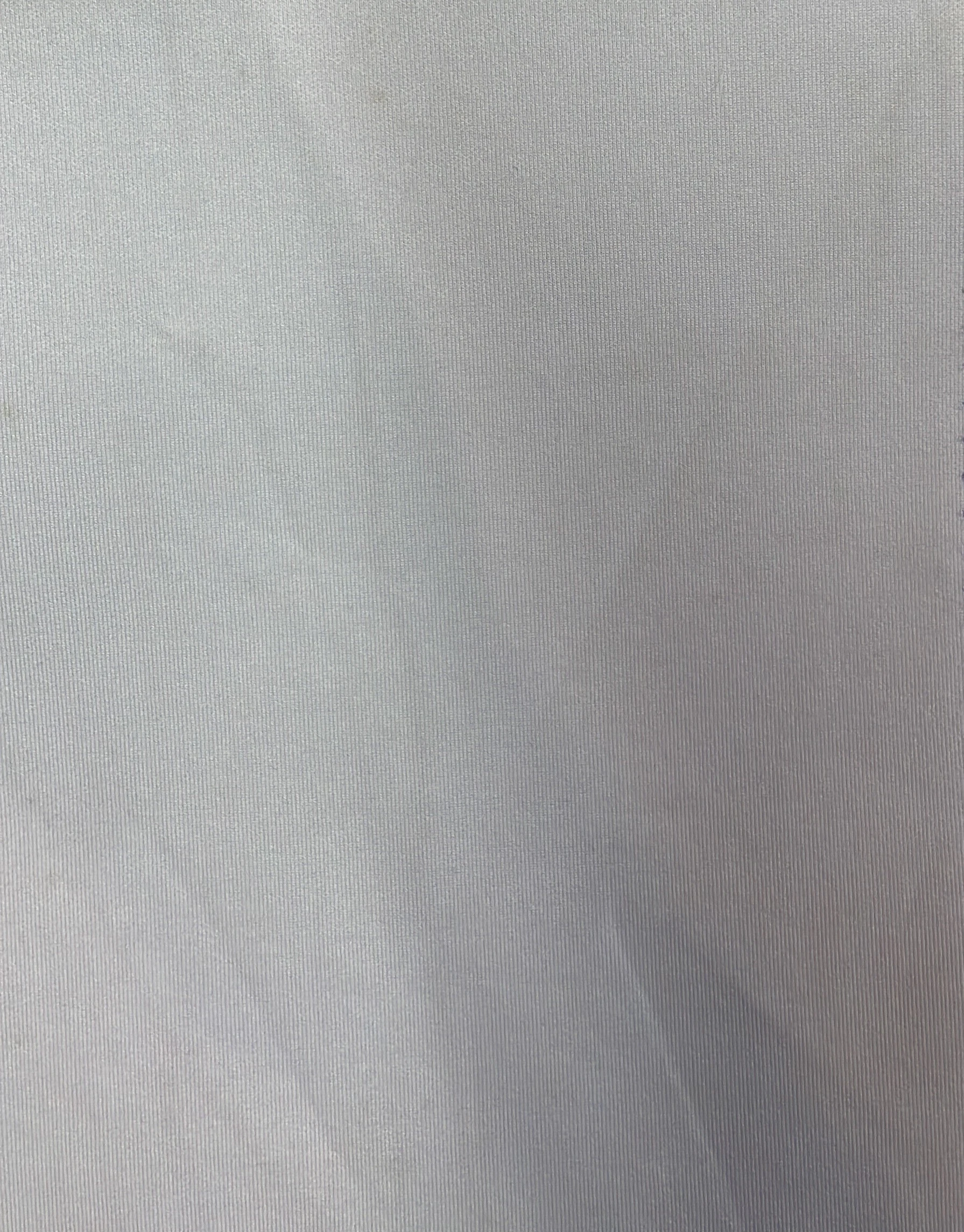

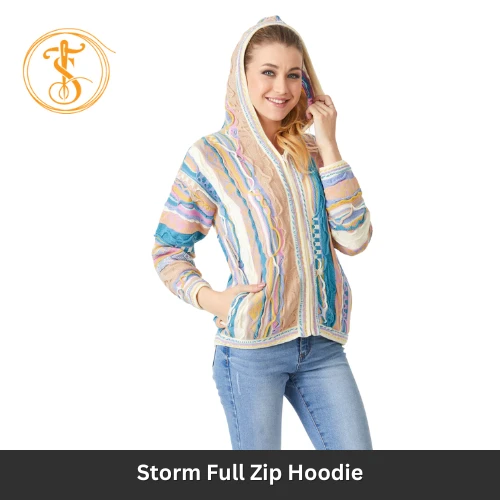
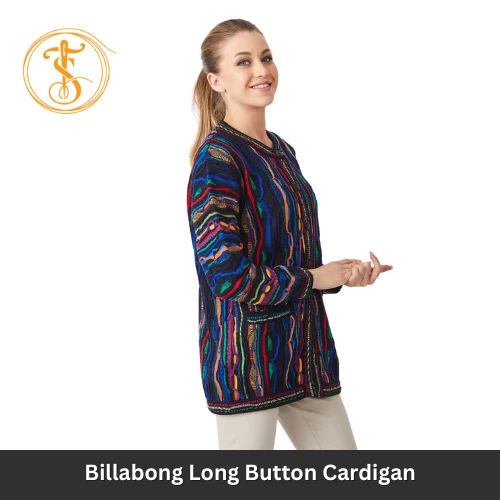
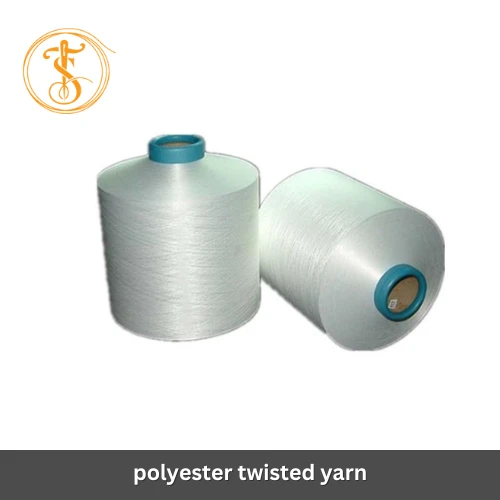
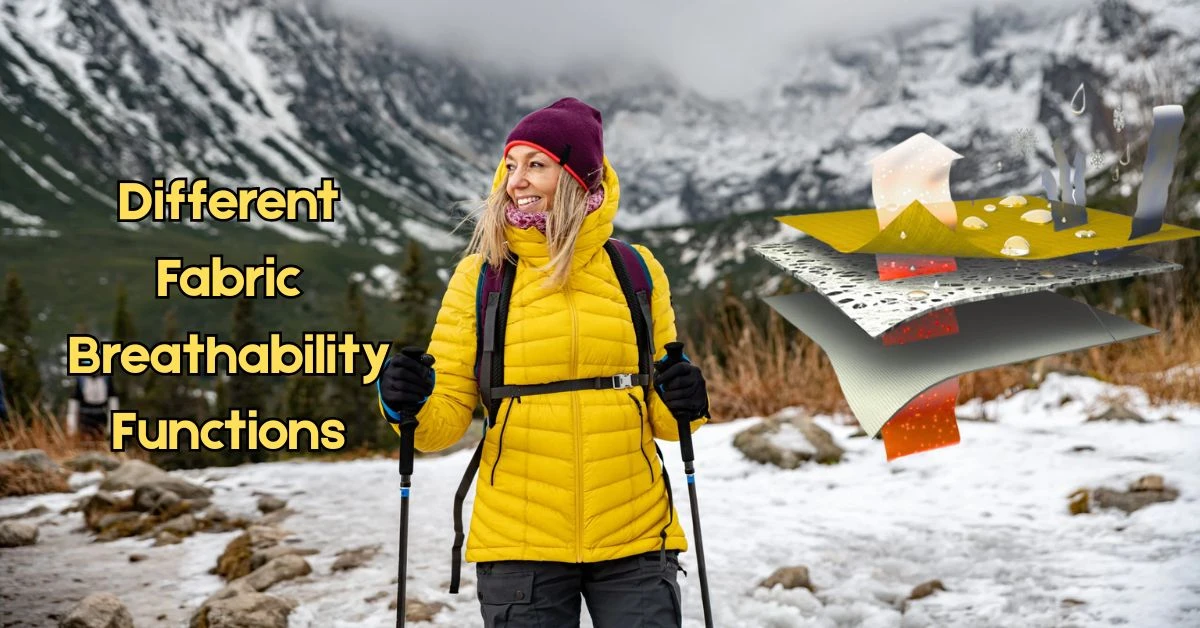
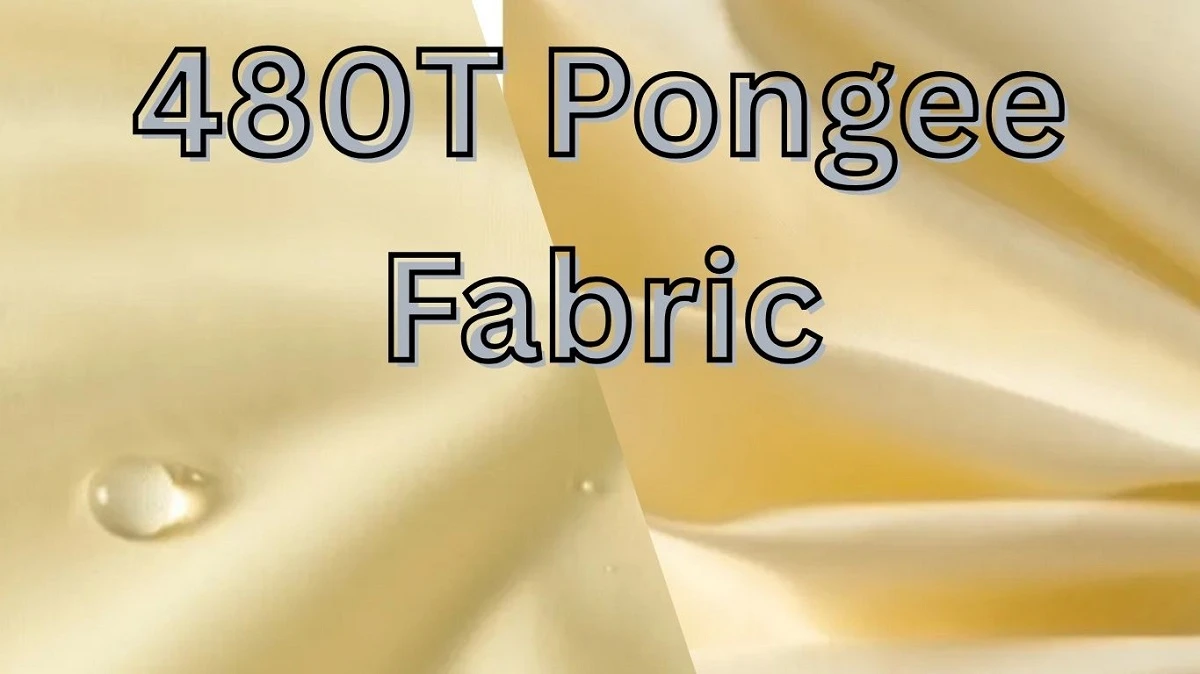
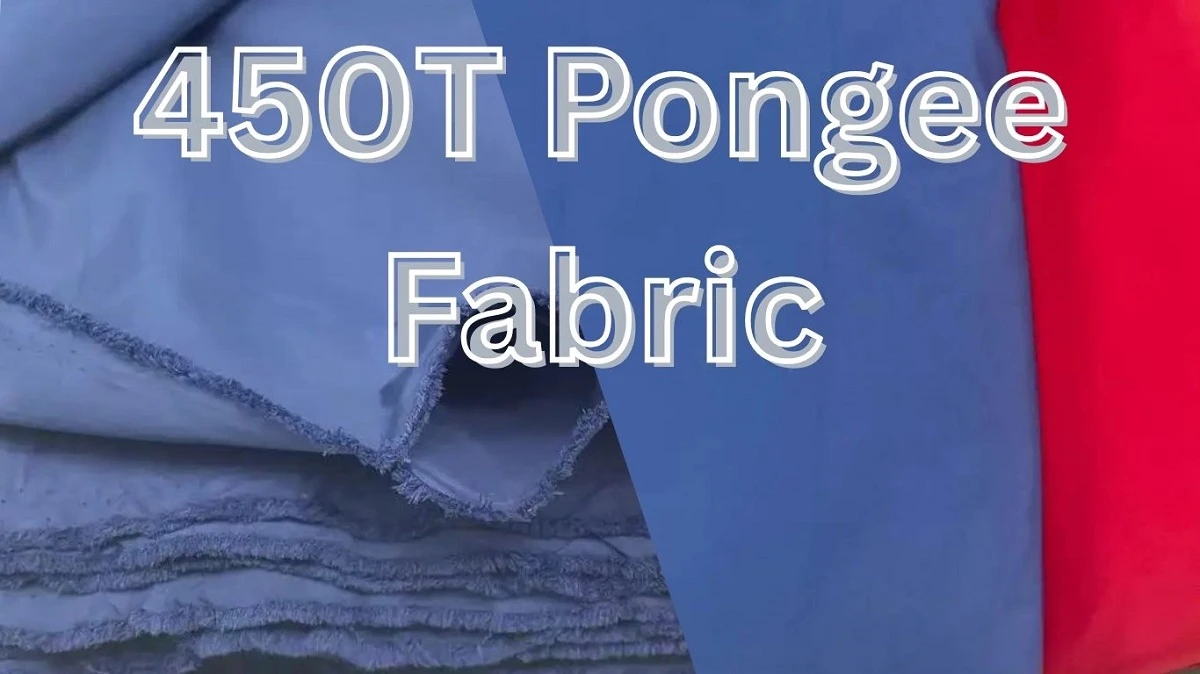
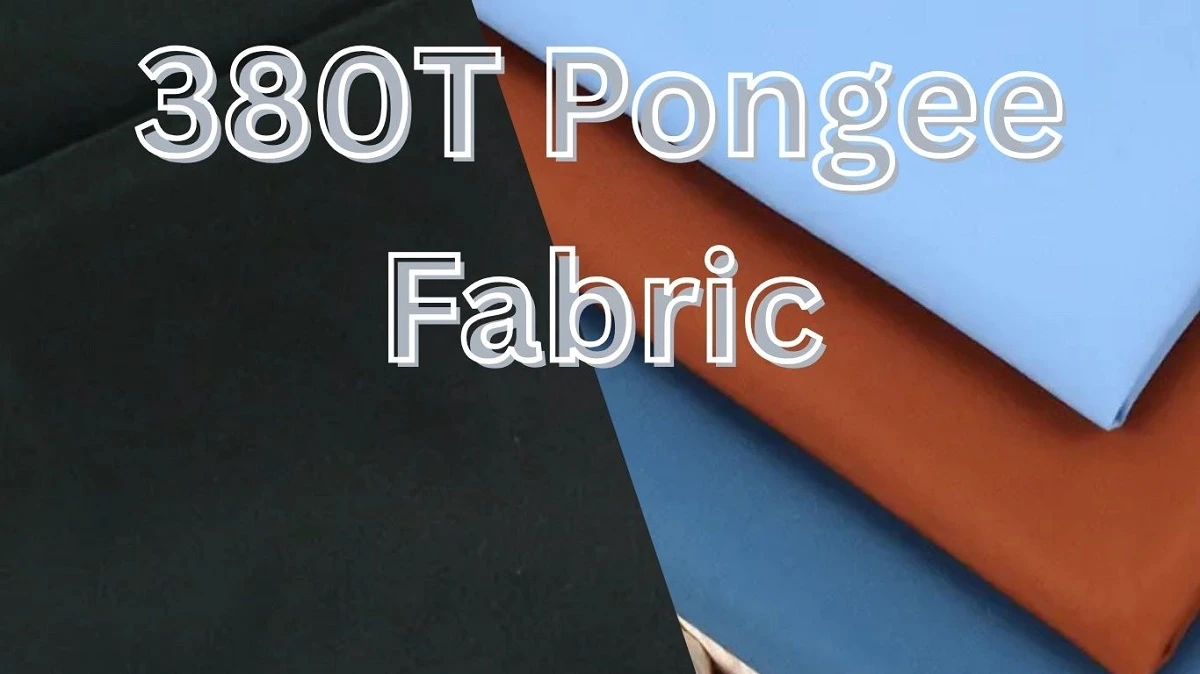
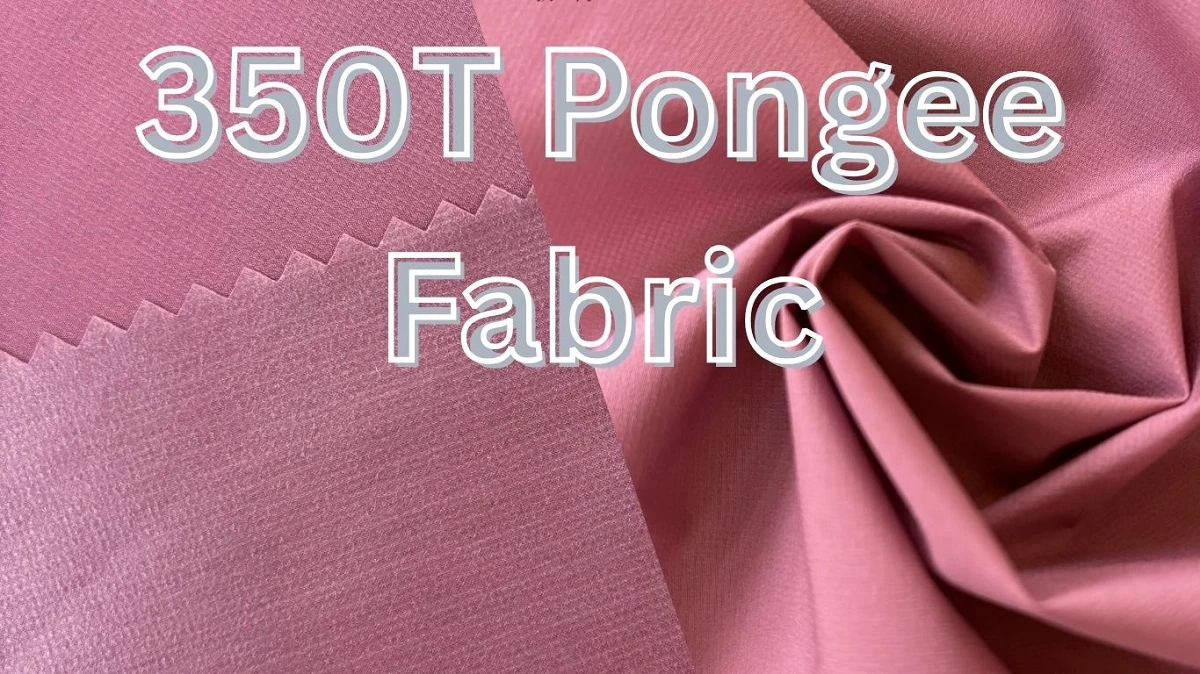
Comments - 00
Leave A Reply
Thanks for choosing to leave a comment.